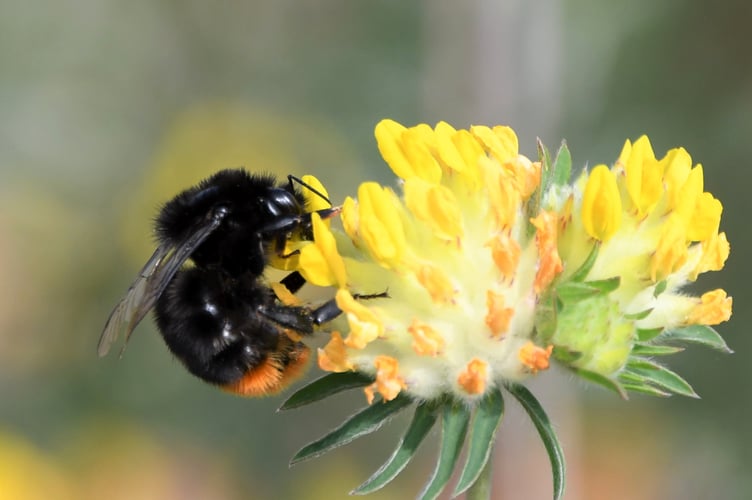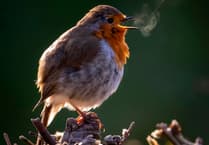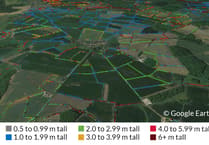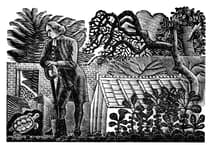"We need more nature everywhere for everyone.” That’s the call to action from the South Downs National Park Authority as it responds to the latest State of Nature report, which lays bare the full extent of the biodiversity crisis.
The leading scientific report, based on analysis from 60 organisations, shows that one in six species are at risk of being lost in Great Britain. The figure from a decade ago was one in ten.
Andrew Lee, director of countryside policy and management at the South Downs National Park, said: “We welcome the publication of the report, which reveals just how much nature needs us at this critical time. It’s a watershed moment for wildlife that should make us all take stock and, if we’re to turn a corner as a nation, the decisions made over the next few years are going to be so important.
“There’s bad and good news to take away. The bad news is our key species are still declining and by an average of 19 per cent since 1970. There are fewer of them and they are found in fewer places. This tells us nature as a whole is really struggling.
“The good news is we know what we need to do and how to do it. The report found nature recovery action makes a difference. We just need to work harder, faster and, most importantly, work together.
“This is why the national park authority launched our ten-year ReNature campaign in 2021 with an ambitious target that 33 per cent of the national park is managed for nature by 2030.
“The aim is the other 67 per cent is also good for nature, giving nature every opportunity to thrive and for everyone to be able to have access to it.
“No-one is pretending this is going to be easy – there’s so much work that needs to be done. It’s going to require a huge collective effort, partnership working on a scale we’ve never seen before and, most crucially, the right resourcing to get nature back on track.”
The national park’s ReNature initiative is looking to create 13,000 hectares – an area three times the size of Portsmouth – of new habitat, including new woodlands, wetlands and wildflower meadows.
Andrew added: “Our nature recovery programme to date has largely been focused on habitats, but by getting the habitats ‘bigger, better, and more joined up’ that will support our species, such as hazel dormouse, otter and water vole.
“Work is now under way to develop a species component to our programme, focusing on restoring habitat for our most important and endangered animals and plants.
“Nature recovery action does not just sit with organisations such as national parks and wildlife trusts. We can all make a difference.”




